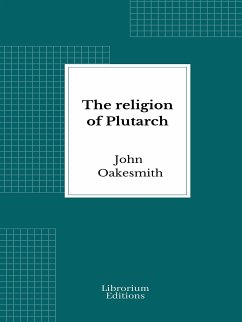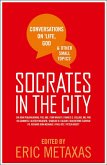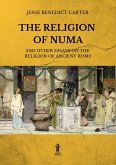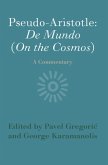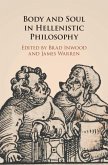When the student of Plutarch leaves the familiar ground of the “Parallel Lives,” and turns, for the first time, to the less thoroughly explored region of the “Ethics,” he is struck with wonder at the many-sided excellence of the writer whose special gift he has been accustomed to regard as consisting in the composition of biographies more remarkable for the presentation of moral truths than for the accurate narration of historical facts. He learns with surprise that Plutarch has bequeathed to posterity a mine of information respecting the period in which he himself lived, as valuable and as interesting as the view presented in his “Lives” of that higher antiquity in which his classic heroes moved and worked. Even the actual bulk of Plutarch’s contribution to what may be called “general literature” is noteworthy. Apart from the “Lives,” the so-called “Catalogue of Lamprias” contains the titles of nearly two hundred works attributed, ostensibly by his son, to Plutarch, and some fourscore of these have been handed down to our time under the general, but somewhat misleading, title of “Ethica” or “Moralia.”
Bitte wählen Sie Ihr Anliegen aus.
Rechnungen
Retourenschein anfordern
Bestellstatus
Storno

